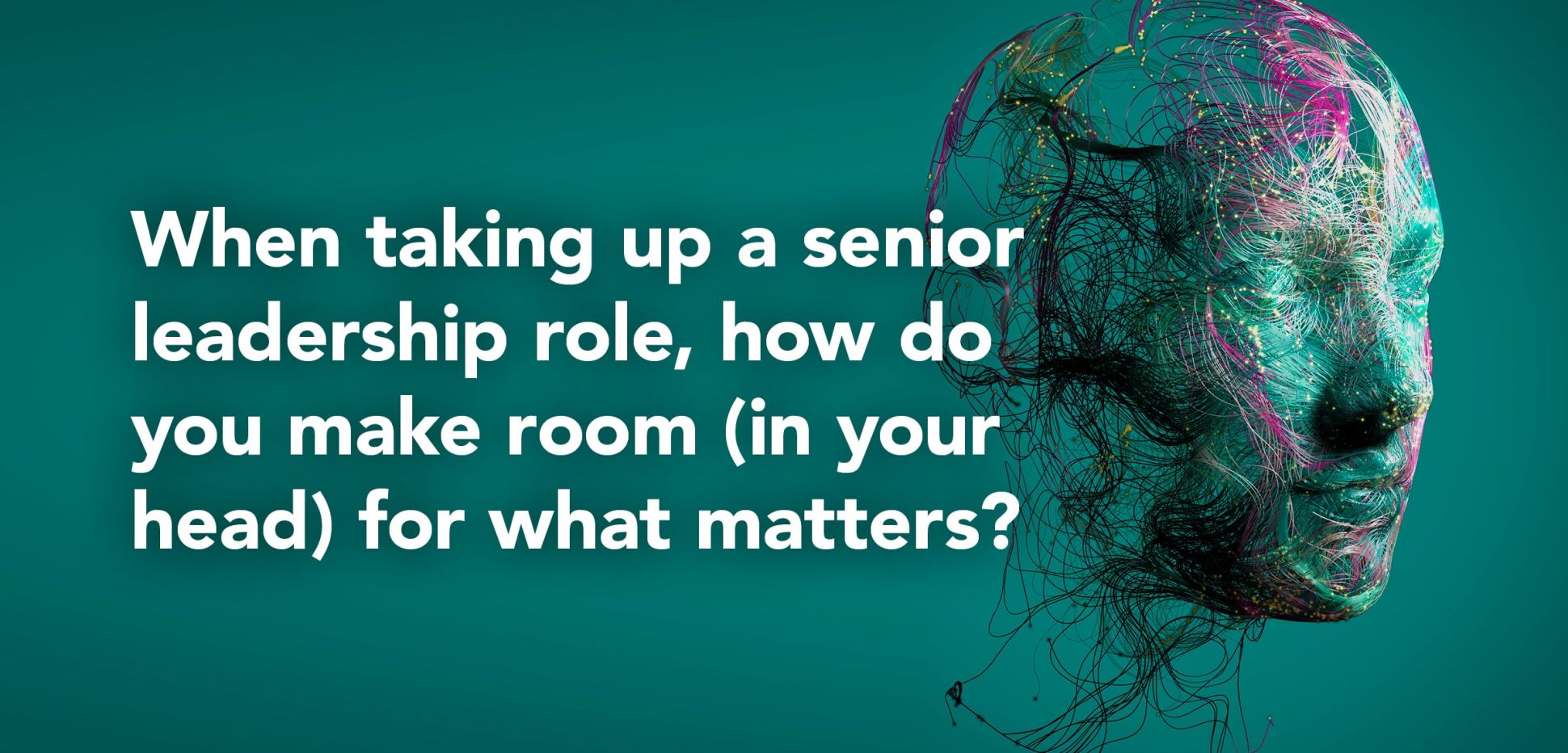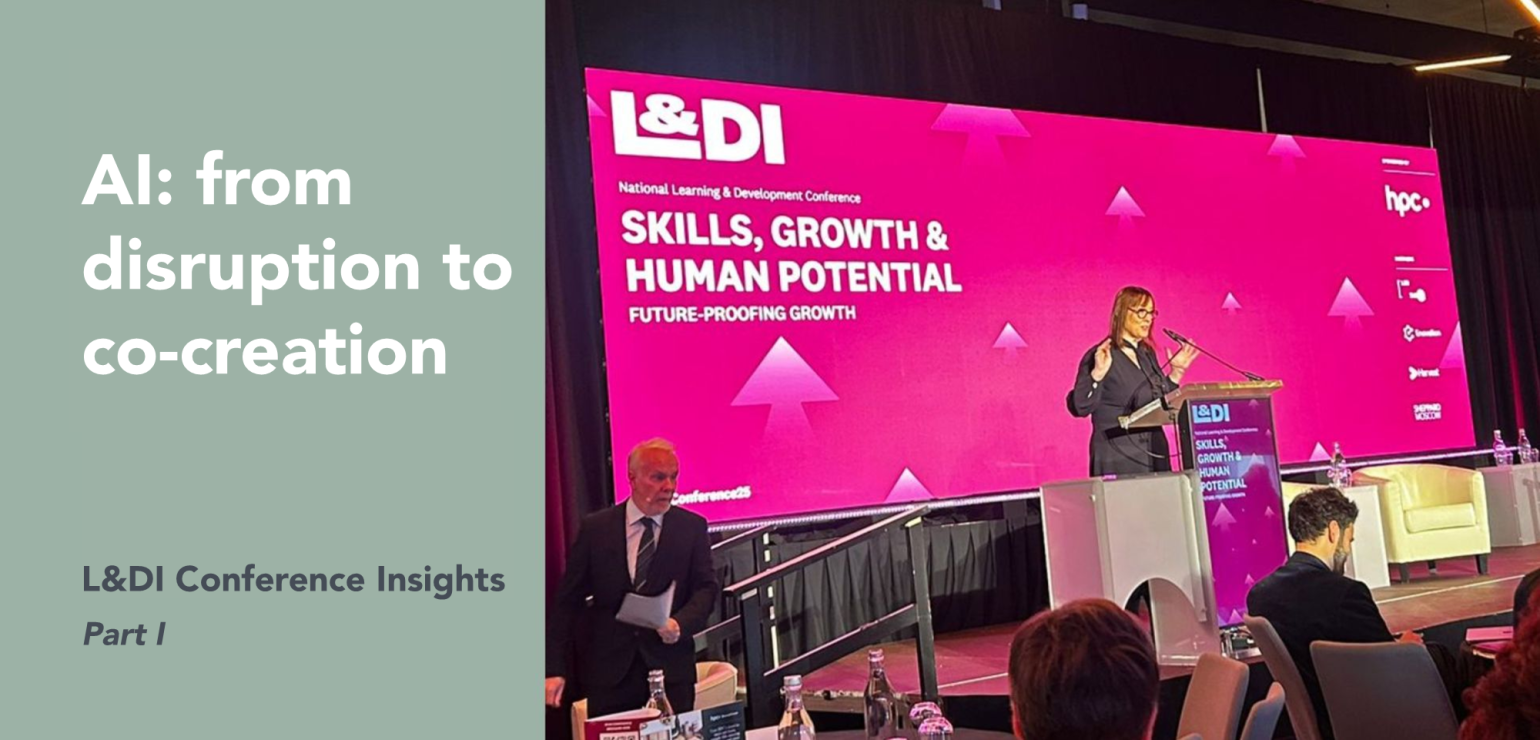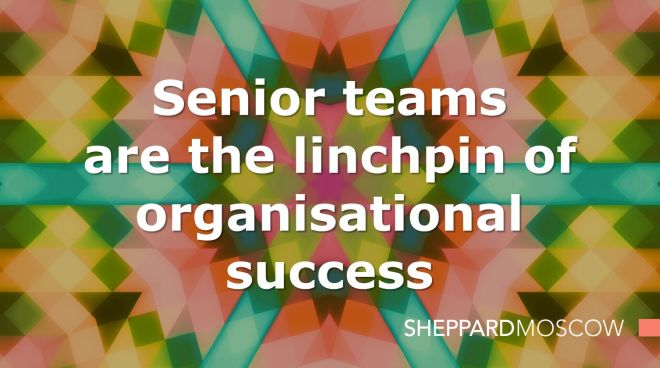The mindset shift for leaders

We work all the time with senior leaders in transition from one role to the next most senior role.
Sometimes we track the same person through multiple transitions – from team leader to manager, manager to Director, Director to VP. No matter how many times the individual transitions, and no matter how sophisticated and self-aware they are, how well the role has been scoped, how familiar they are with the context, almost without fail the transition experience is bumpy and feels like entirely new territory.
In each leadership progression transformation, vertical development - how the individual thinks, their ability to develop and change their own mental frameworks - is the key to being an effective leader in the new role. A leader who is able to:
- Increase their self-awareness, emotional intelligence, and resilience; and authentically integrate personal perspectives and the corporate imperatives
- Conceptualize and lead organization change initiatives; think and act systemically; execute and generate strategy
- Be creative and decisive under conditions of uncertainty, paradox and ambiguity
“Politics is getting in the way of me doing my work. It’s 70% of what’s taking up my time.”
Transitioning from leading teams to leading the enterprise requires a major shift in perspective. When the role changes, the mind must follow. Being first and foremost a leader of the business (in total), versus singularly focused on function and particular area, it becomes crucial to understand the boundaries of the role and rise above the minutiae. Key is to focus on what really matters, to envision and communicate with one’s direct team and the teams that ripple out from there.
Rather than politics that detract from the day job, the leader’s frame shifts to the idea of ‘politics’ as the day job.
But by politics it becomes clear that what we in fact mean is understanding and interacting with stakeholders, engagement, communicating visions, understanding and adapting to the agendas and needs of others, comprehending multiple perspectives simultaneously - including those that differ utterly from our own - and being able to act with integrity, empathy and decisiveness in the face of the multiple complexities, realities and needs.
‘Politics means comprehending multiple perspectives simultaneously’
It takes a lot to feel secure enough to let go of what has made you successful to date. But senior leadership necessitates a significant shift and clinging on to ‘what’s got you here’ means there’s no space to do what is now required – mentally and practically – ‘to get you there’.
The most powerful leaders, alongside their own, individual vertical development, engage in creating a culture of collective leadership - where leaders think and act systemically, where teams of teams are clearly aligned on purpose and strategy, and where leadership peers work to catalyze and influence each other on behalf of the whole.
‘Our roles grow and so must we’
Every transition brings the leader into new territory, and navigating that new territory always involves a letting go, a starting again, an inquiry with self and with others, deep listening and thoughtful action. Our roles grow and so must we.

 Anita Harris
Anita Harris 
 Aoife Keane
Aoife Keane 
